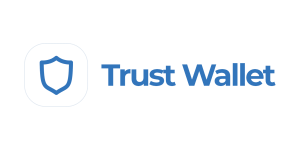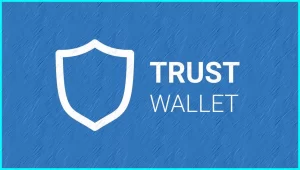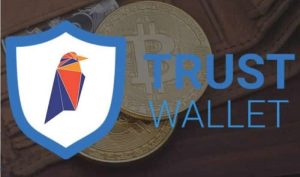Who is the owner of Trust Wallet?
Trust Wallet was founded by Viktor Radchenko in 2017. Later, in 2018, Binance acquired Trust Wallet, and it became part of the Binance ecosystem. Today, Trust Wallet operates independently but remains closely associated with Binance’s broader blockchain and crypto services.
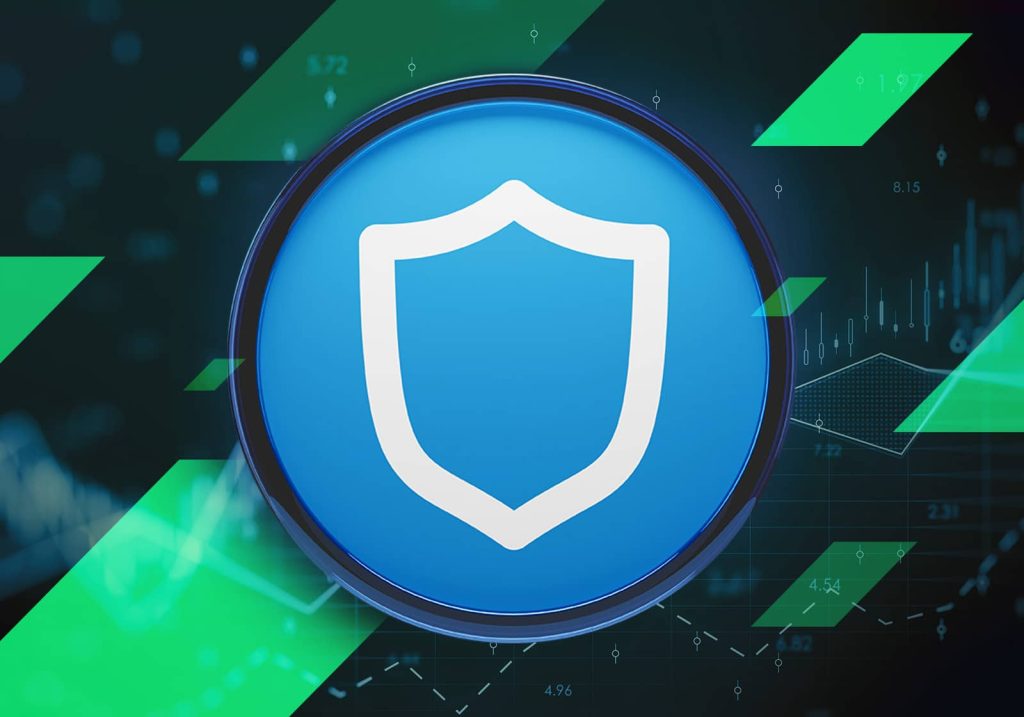
Founding of Trust Wallet by Viktor Radchenko
How Viktor Radchenko Created Trust Wallet
-
Inspiration from the Crypto Boom: Viktor Radchenko was inspired to create Trust Wallet in 2017 during the rapid expansion of the cryptocurrency market. He recognized a need for a mobile wallet that offered users full control over their private keys.
-
Focus on User Empowerment: His vision was to build an open-source, decentralized wallet that would allow users to send, receive, and store a wide variety of cryptocurrencies without relying on centralized intermediaries.
-
First Version Development: Viktor personally developed the first version of Trust Wallet, focusing on a clean user interface, strong encryption, and full transparency through open-source code to build user trust.
Early Growth and Popularity of Trust Wallet
-
Community Support and Open Source Appeal: Trust Wallet quickly gained attention from the crypto community because it was open-source, giving users confidence in the platform’s security and transparency.
-
Expanding Token Support: Initially starting with Ethereum and ERC20 tokens, Trust Wallet soon expanded support for multiple cryptocurrencies and token standards, making it highly attractive to users seeking a versatile mobile wallet.
-
Recognition by Binance: The wallet’s rapid growth and user-friendly design caught the attention of Binance, one of the world’s largest cryptocurrency exchanges, leading to Trust Wallet’s acquisition in 2018 and solidifying its reputation in the industry.
Binance’s Acquisition of Trust Wallet
Why Binance Decided to Acquire Trust Wallet
-
Expanding into Decentralized Services: Binance aimed to strengthen its position in the decentralized ecosystem by acquiring Trust Wallet, giving its users a secure and reliable non-custodial wallet option.
-
Trust Wallet’s Strong Reputation: Trust Wallet had already built a solid reputation for security, usability, and open-source transparency, making it a strategic addition to Binance’s growing portfolio of crypto services.
-
Demand for Mobile Crypto Solutions: Recognizing the rise in mobile crypto adoption, Binance saw Trust Wallet’s mobile-first approach as an opportunity to meet user demand for managing digital assets directly from smartphones.
Impact of the Acquisition on Trust Wallet’s Development
-
Increased Resources and Funding: After the acquisition, Trust Wallet gained access to Binance’s financial and technical resources, accelerating its development of new features and blockchain integrations.
-
Expansion Beyond Ethereum: With Binance’s backing, Trust Wallet expanded its support beyond Ethereum and ERC20 tokens to include Binance Chain, Binance Smart Chain, and other major blockchains, significantly increasing its versatility.
-
Maintaining Decentralization and Independence: Despite the acquisition, Trust Wallet continued operating independently, preserving its decentralized philosophy while benefiting from Binance’s infrastructure and global reach to grow its user base.
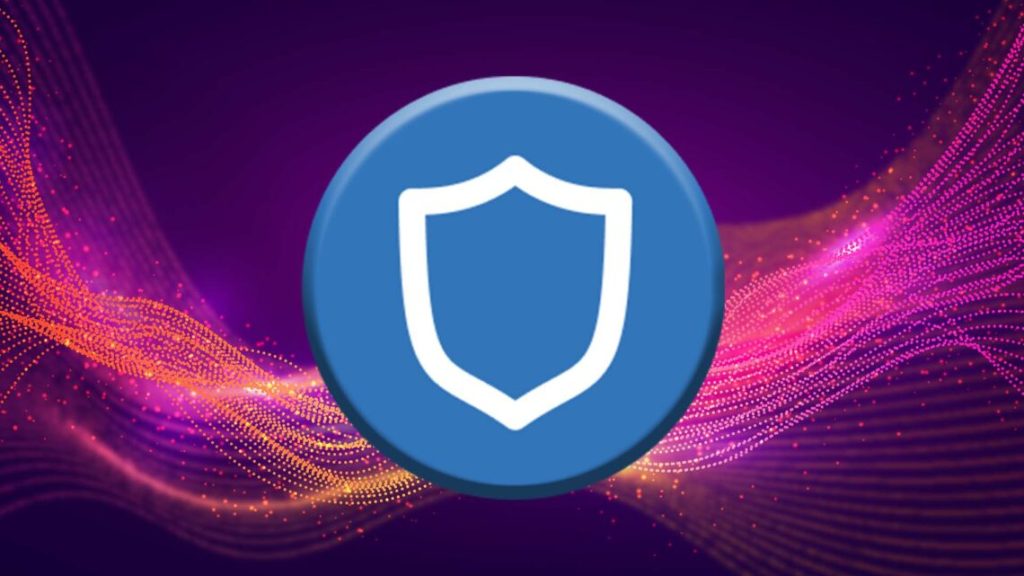
Trust Wallet’s Role Within the Binance Ecosystem
How Trust Wallet Supports Binance’s Vision
-
Advancing Decentralization: Trust Wallet plays a crucial role in helping Binance promote decentralization by offering users a non-custodial solution to manage and control their digital assets independently.
-
Connecting Users to DeFi and Web3: Through Trust Wallet’s DApp browser and blockchain integrations, users can access decentralized finance (DeFi) platforms, NFTs, and Web3 applications, aligning with Binance’s goal of expanding beyond traditional crypto trading.
-
Strengthening User Security: Trust Wallet enhances Binance’s ecosystem by providing a secure and private environment for users, reducing reliance on centralized exchanges and empowering users with full ownership of their assets.
Benefits for Trust Wallet Users After Joining Binance
-
Access to a Broader Range of Services: After joining Binance, Trust Wallet users gained seamless access to Binance Smart Chain (BSC) projects, DeFi apps, staking services, and thousands of new tokens across multiple blockchains.
-
Faster Development and Innovation: With Binance’s technical and financial support, Trust Wallet accelerated updates, integrated more networks, and enhanced user experience with faster improvements and innovative features.
-
Increased Trust and Global Reach: Trust Wallet’s association with Binance boosted its credibility and exposure globally, giving users greater confidence in its reliability, security, and long-term development commitment.
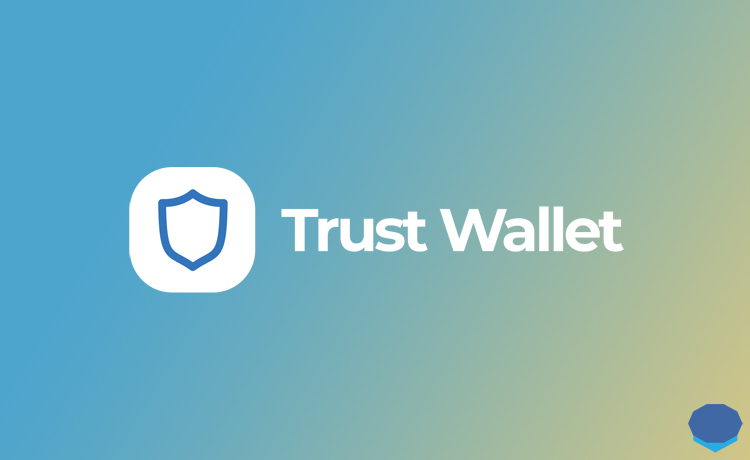
Leadership and Management After the Acquisition
Changes in Trust Wallet’s Leadership Team
-
Viktor Radchenko’s Continued Involvement: After the acquisition, Viktor Radchenko remained actively involved in leading Trust Wallet’s development, ensuring the platform stayed true to its original vision of decentralization and user empowerment.
-
Introduction of New Talent: Binance’s acquisition brought additional leadership and technical talent into Trust Wallet, enhancing its management structure and providing new expertise in areas like product development, security, and user experience.
-
Transition to a Larger Team: Over time, Trust Wallet evolved from a small founding team into a more structured organization with dedicated teams for engineering, marketing, support, and business development to scale its operations globally.
How Trust Wallet Maintains Independence
-
Separate Operational Structure: Even after becoming part of Binance, Trust Wallet operates independently with its own development roadmap, decision-making process, and brand identity, preserving its decentralized values.
-
Commitment to Open Source: Trust Wallet continues to maintain its open-source foundation, allowing community developers to contribute and review the code, ensuring transparency and minimizing centralized control.
-
User-First Philosophy: Trust Wallet prioritizes the interests of its users over corporate influence by focusing on features that enhance user freedom, such as private key ownership, multi-chain support, and easy access to DeFi services without needing a centralized account.
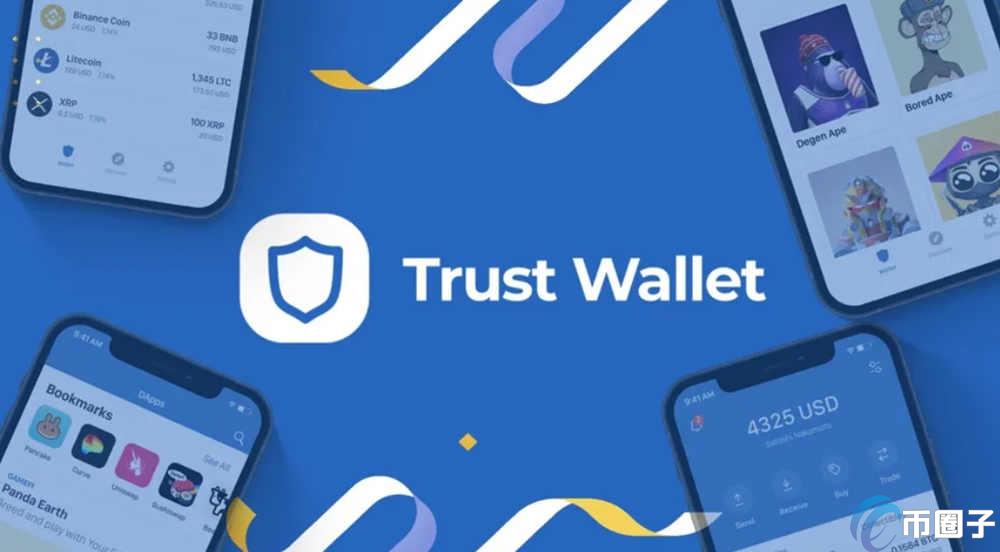
Trust Wallet’s Evolution Post-Acquisition
Major Updates and New Features Since Acquisition
-
Introduction of Staking Services: After the acquisition, Trust Wallet introduced staking features for cryptocurrencies like Tezos, Tron, and Cosmos, allowing users to earn passive income directly within the app without relying on third-party platforms.
-
Built-in Token Swaps: Trust Wallet integrated direct token swapping functionalities, enabling users to exchange assets instantly without leaving the app or needing a centralized exchange, enhancing user convenience and control.
-
Enhanced User Interface and Experience: Trust Wallet underwent multiple design upgrades, improving navigation, transaction tracking, and multi-wallet management, making it even more accessible and user-friendly for both beginners and experienced users.
Expansion of Blockchain Support and Services
-
Support for Multiple Blockchains: Trust Wallet expanded its blockchain integrations beyond Ethereum to include Binance Smart Chain, Solana, Polygon, Avalanche, and other major networks, significantly increasing its versatility.
-
DApp Browser Improvements: The built-in DApp browser was enhanced to support a wider range of decentralized applications across various blockchains, allowing users to explore DeFi, NFT marketplaces, and Web3 apps seamlessly.
-
NFT Storage and Viewing: Trust Wallet introduced support for NFT storage and viewing, enabling users to safely store, manage, and showcase their digital collectibles directly within their wallet without needing external tools.

